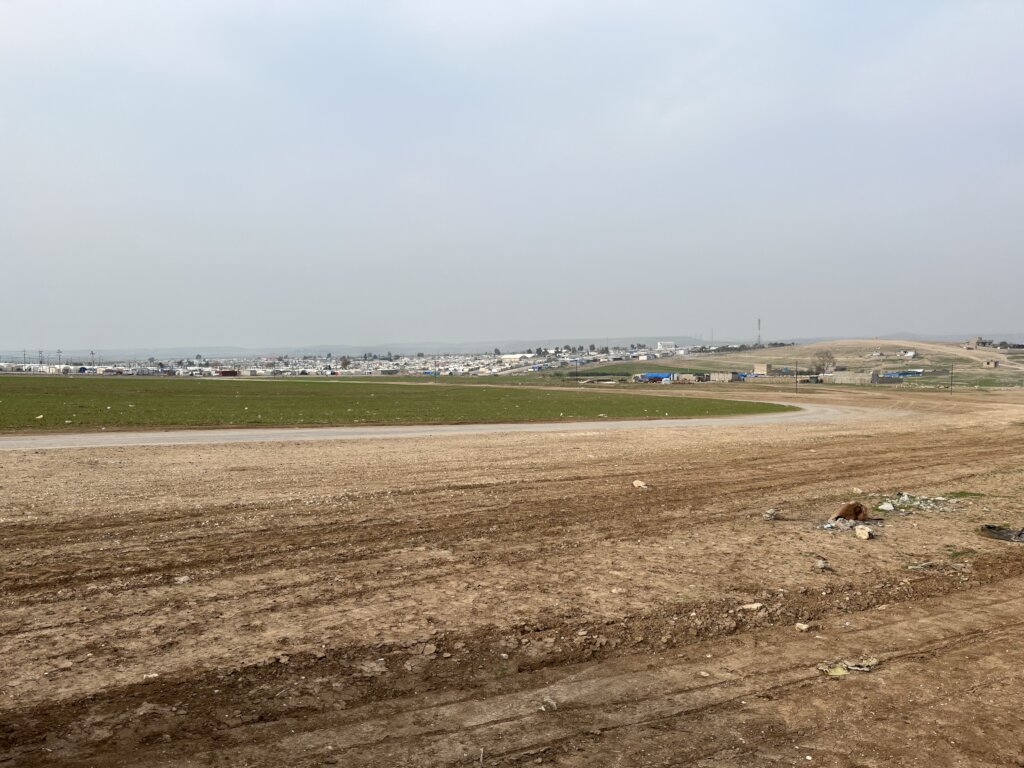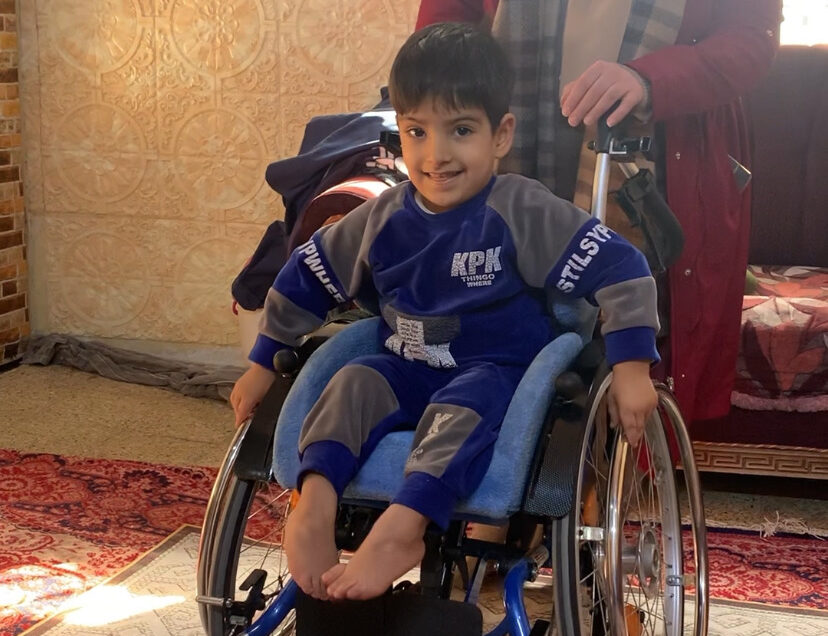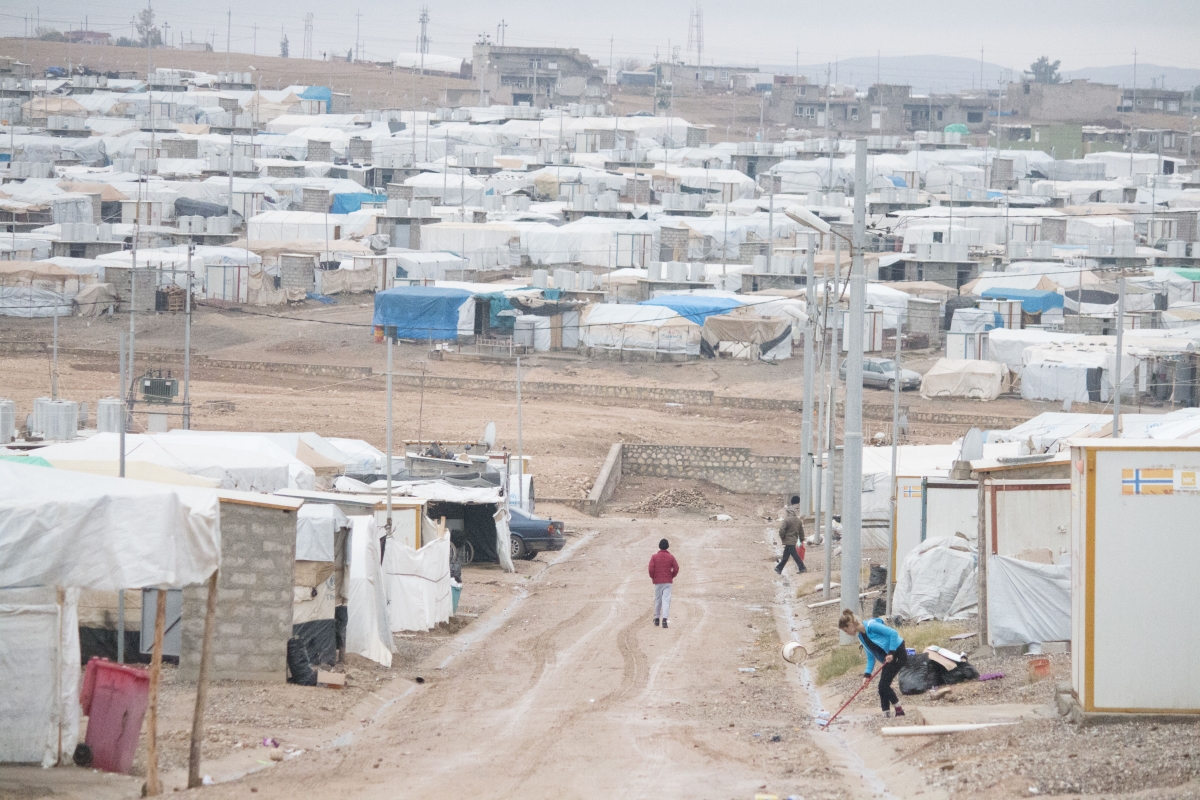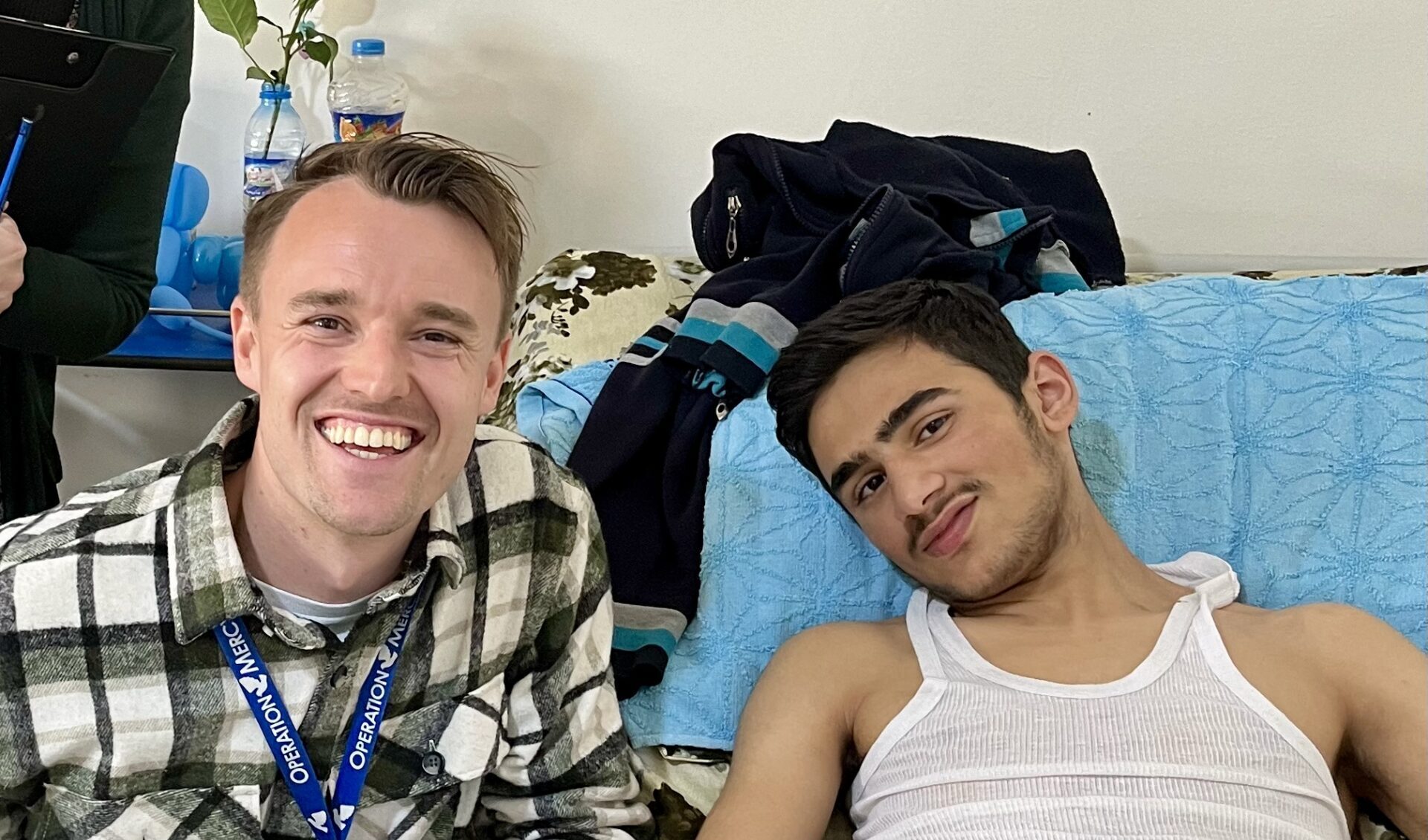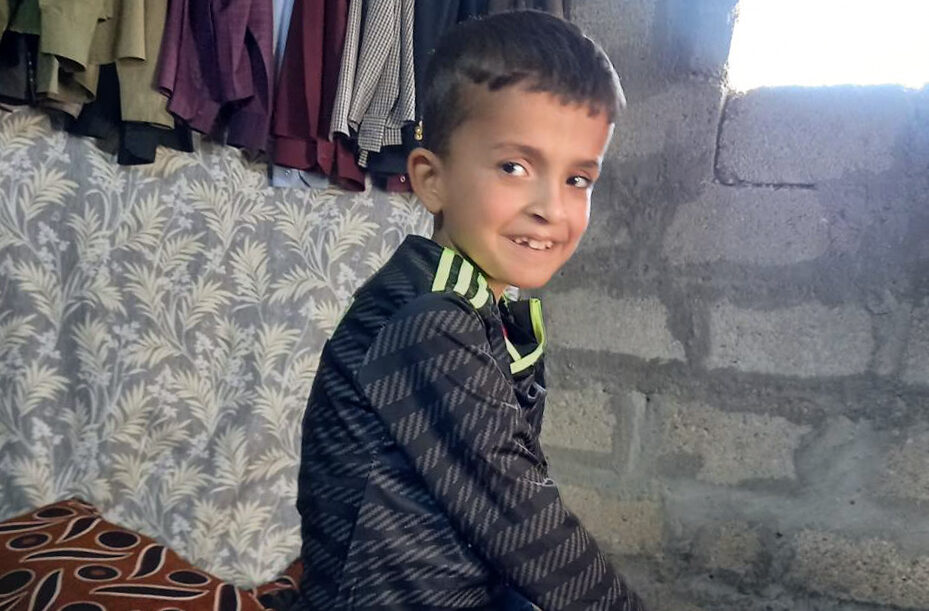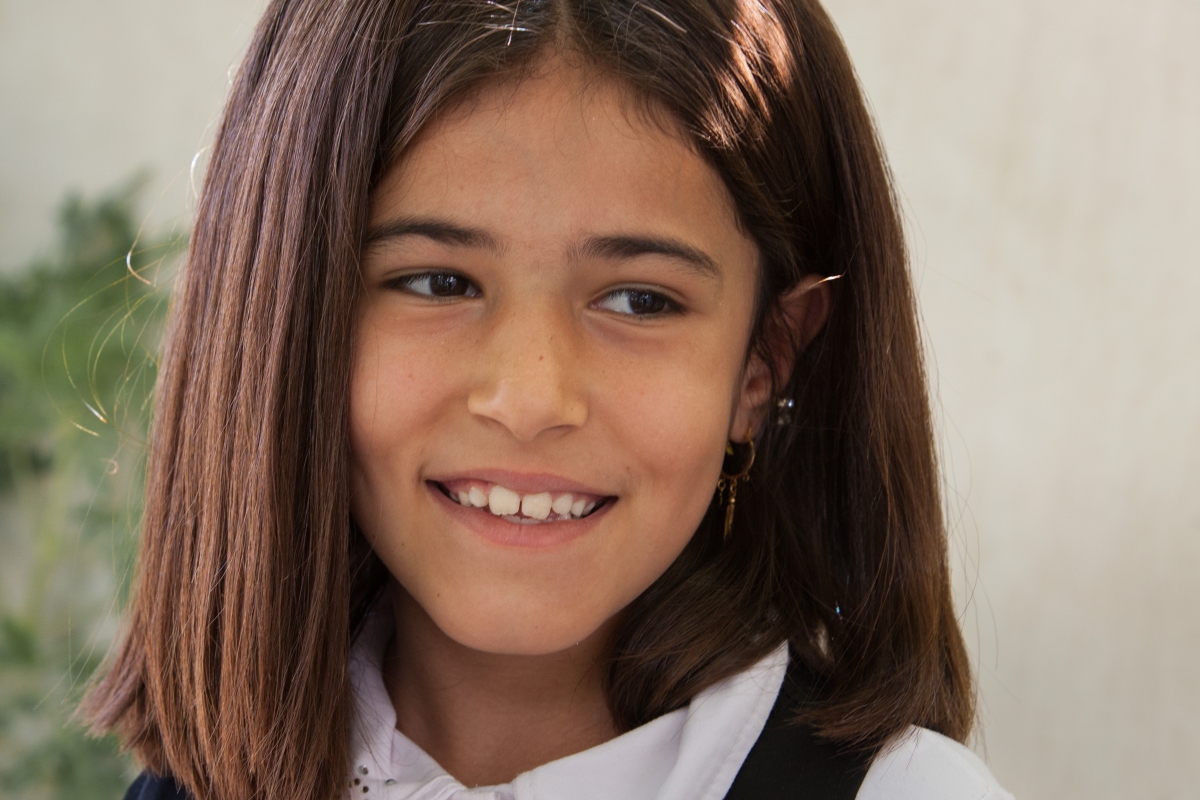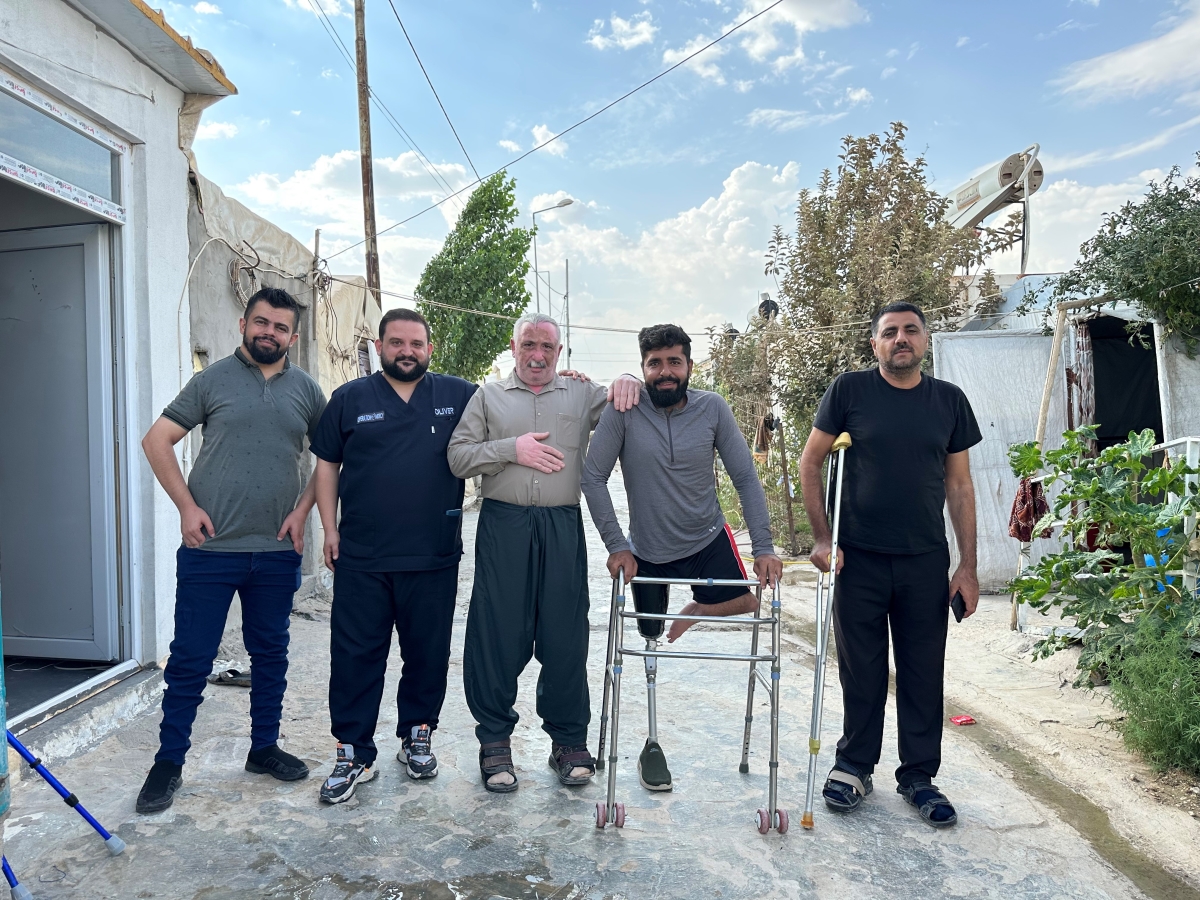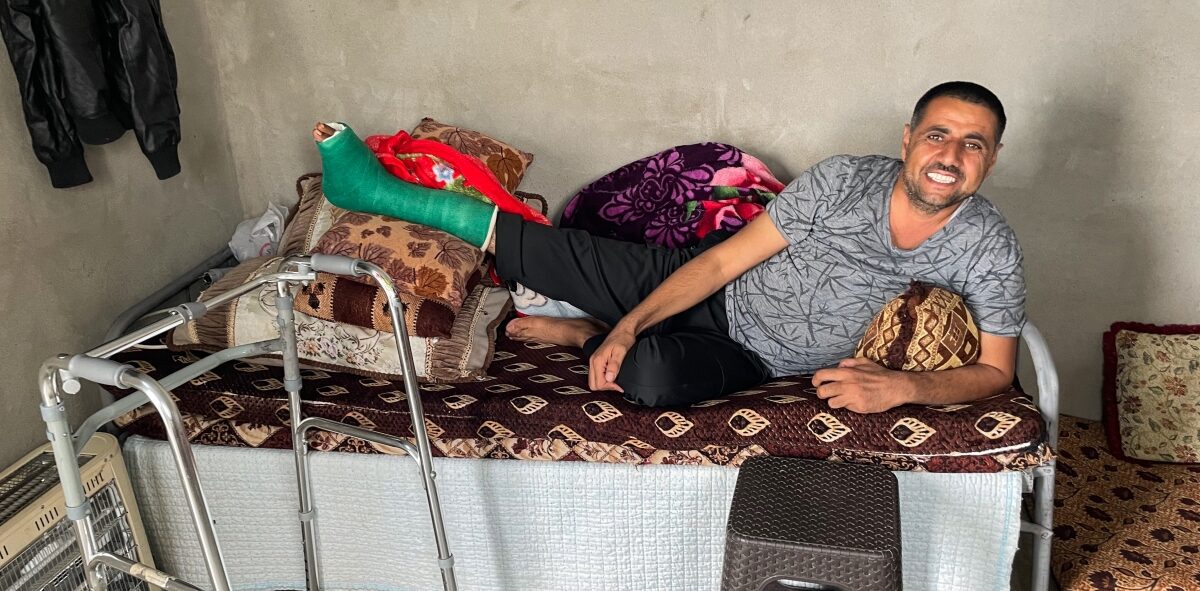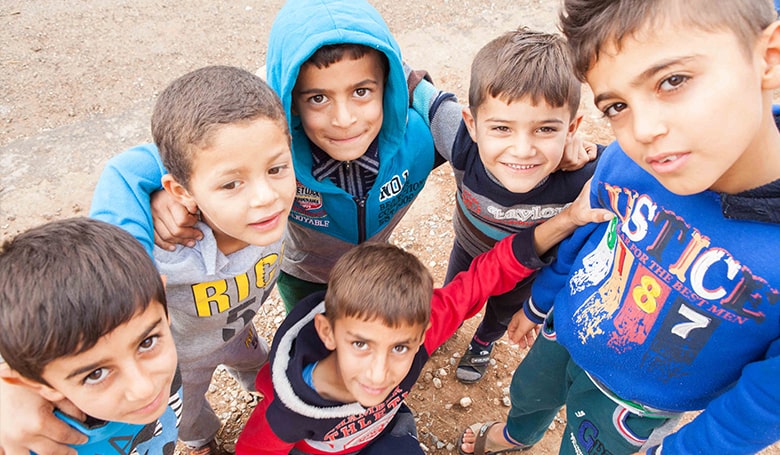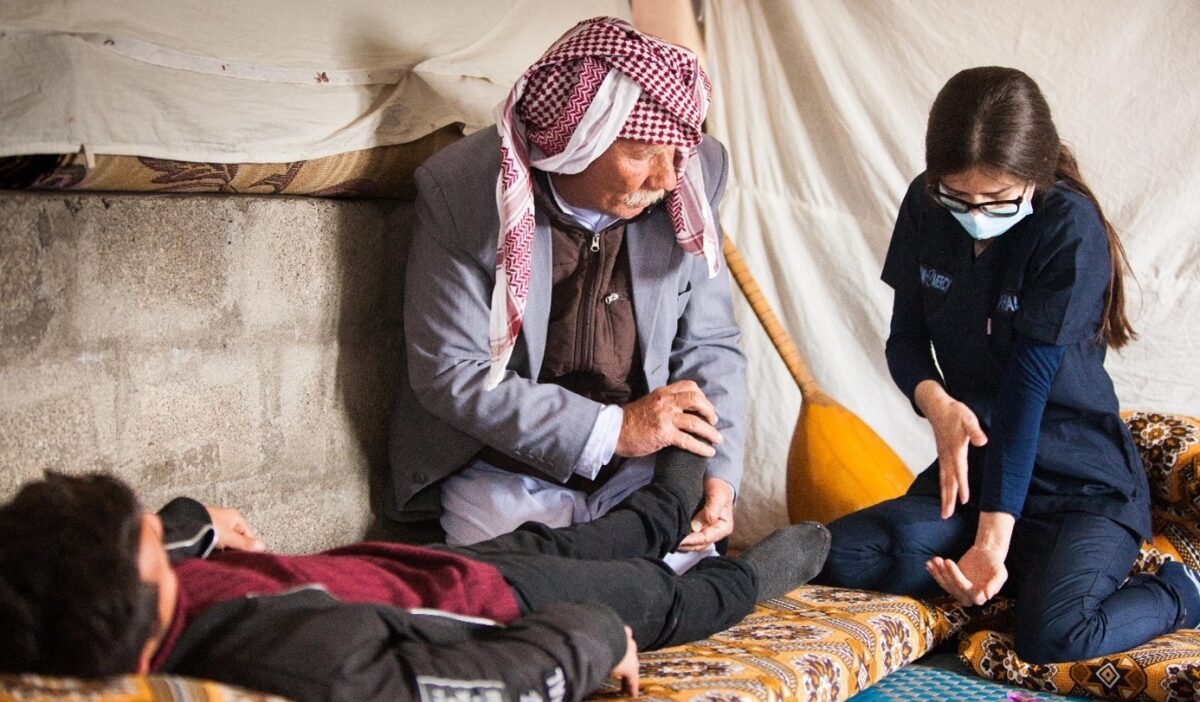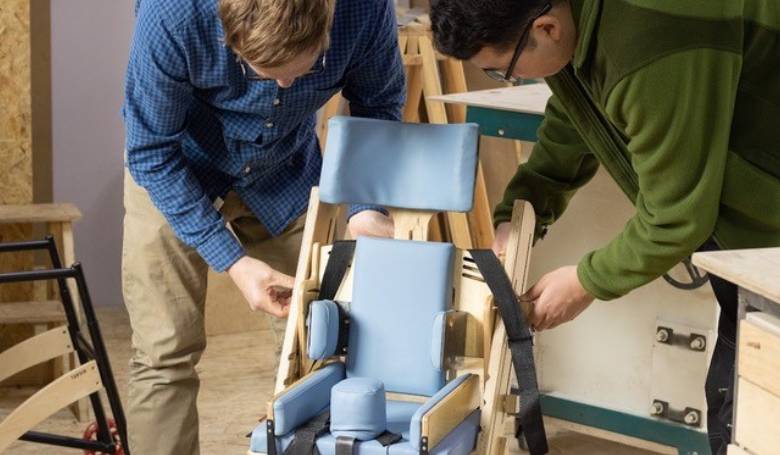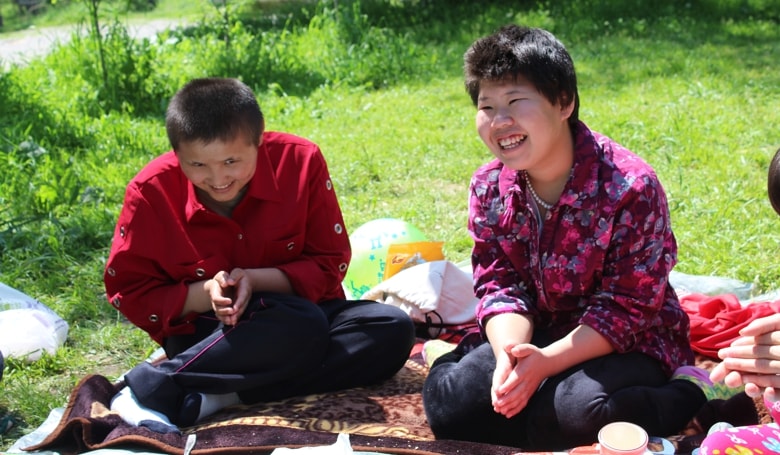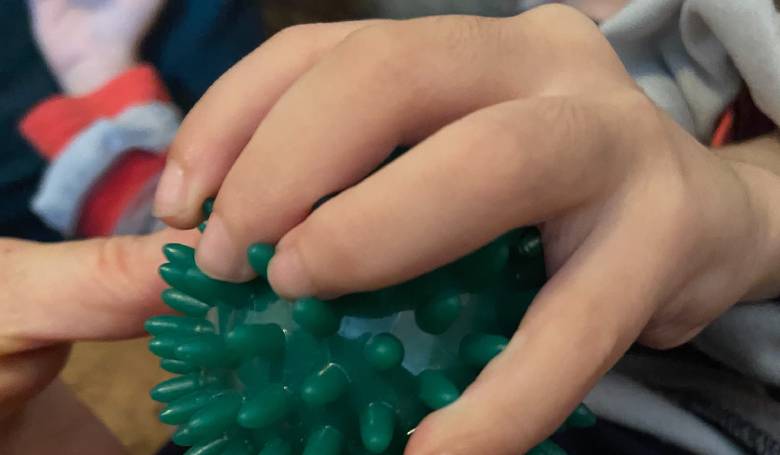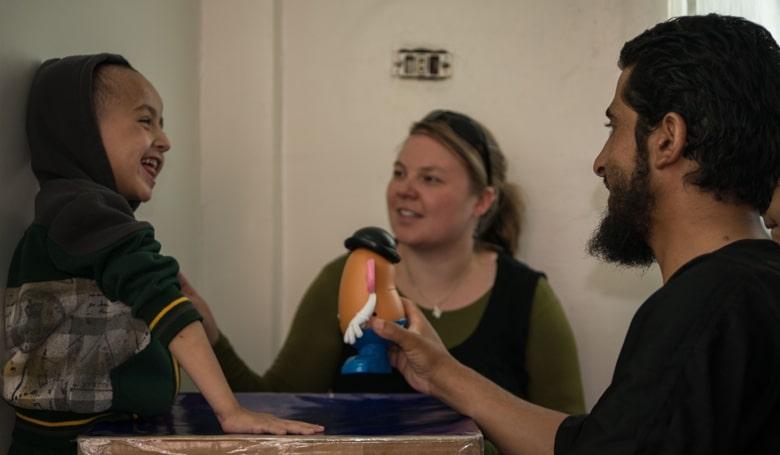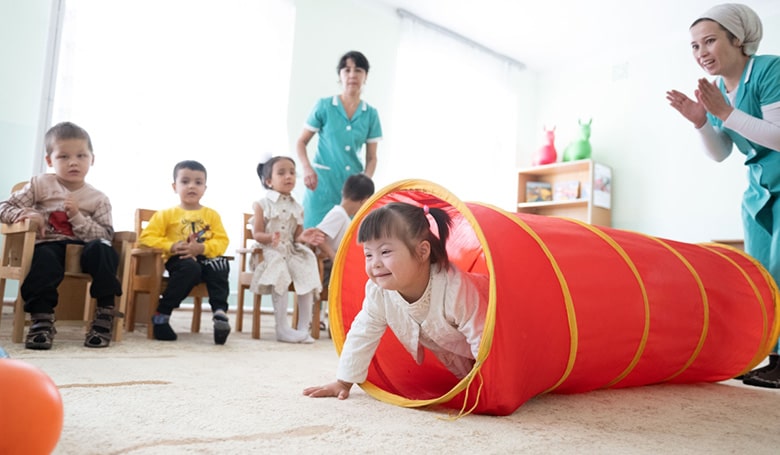Community Based Rehabilitation, Iraq

Children at Risk, Kyrgyzstan
June 17, 2018
Character Development, Iraq
June 18, 2018About 650 million people in the world, about 10 per cent of the total world population, experience various forms of disabilities, according to the World Health Organization (WHO). Eighty percent of persons with disabilities – more than 400 million people – live in poor countries, the least equipped to address their needs. All over the world, persons with disabilities continue to face barriers in their participation in society and lower standards of living. This is particularly important, as disabilities are a contributing factor for poverty, reduced access to education and health, exclusion and discrimination for both persons with disabilities and their families. The vulnerability of families that have family members with disabilities is only increased by war and displacement. As Operation Mercy Iraq, working with refugees and IDPs, we realized that we couldn’t leave the most vulnerable without trying to make a tangible difference in their lives.
Operation Mercy Iraq operates a community based rehabilitation (CBR) project for Syrian refugees living in the camp Domiz 2 as well as internally displaced people in the camps Kabarto I & II, Khanke, Sharia, Chamishku, and Bersive.
The main goals for participants and their families are:
- To increase the physical quality of life
- To build emotional resiliency returning dignity and restoring hope
- To increase integration into society
The project has evolved to consist of three main components
- Assessment and assistive device distribution
- Physical therapy and capacity building
- Community mobilization
Operation Mercy Iraq started out by conducting assessments and distributing assistive devices to the beneficiaries in the camps. The need for follow up and providing regular physical therapy led to an expansion of the project and the hiring of local staff to conduct regular follow-up home visits. Operation Mercy regularly brings in professionals to help assess patients as well as train our staff and grow their capacity to assist the patients. Increasing the physical quality of life is only one of the goals that we pursue. We also aim to increase the family’s emotional resilience and restore hope, as well as to help the disabled and their families to become more integrated into society. While this can sometimes be achieved on a case by case basis, we also support the creation of family and peer groups that will help those with disabilities and their families to encourage each other and increase their coping capacity.
In seeking to engage with the disabled communities in Kabarto I & II, Khanke, and Domiz II the community based rehabilitation project addresses four of Operation Mercy’s core competencies: improving health, caring for children at risk, equipping the next generation, and responding to crisis. Persons with disabilities continue to be kept on the margins of society in all parts of the world. By increasing their ability for autonomy, meeting the special needs of their specific disability, and encouraging their voice in the community, their visibility can be increased. This has the effect of building the capacity of the disabled community, supports vulnerable underserved families, reduces prejudice and allows the disabled communities within Domiz II to advocate for their unique needs. Janet Barnes, the world's longest living quadriplegic said of her disability “I have not been handicapped by my condition. I am physically challenged and differently able”. When individuals with special needs and those around them are able to see disability through this kind of lens the potential for a completely different trajectory is present. Please read the story titled "A New Smile" and help us to come alongside young people like Musa to see their lives transformed.

